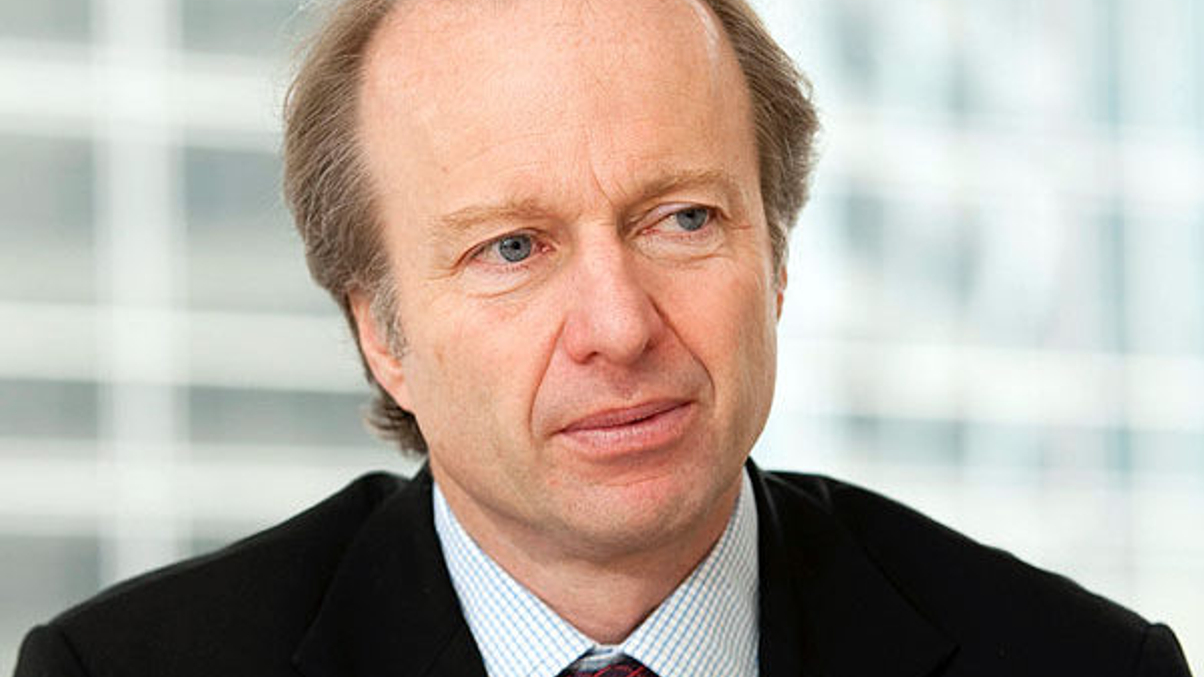Expectations run high for new SFC chief
What do asset managers want to see from Ashley Alder, the newly unveiled CEO of Hong Kong's Securities and Futures Commission?

The fund-management industry hopes Ashley Alder can bring regulatory reform as the new head of Hong Kong's Securities and Futures Commission, but he was non-committal about the regulator's intentions at his formal unveiling on Friday.
Sign in to read on!
Registered users get 2 free articles in 30 days.
Subscribers have full unlimited access to AsianInvestor
Not signed up? New users get 2 free articles per month, plus a 7-day unlimited free trial.
¬ Haymarket Media Limited. All rights reserved.


